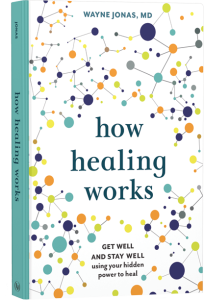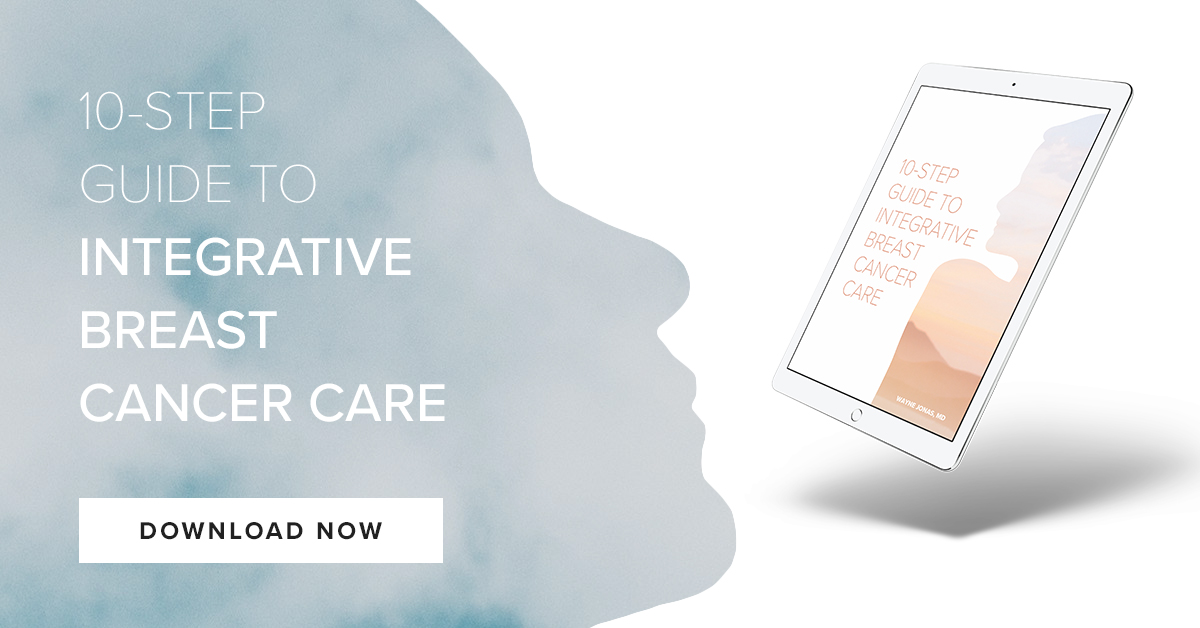Expressive art therapy combines psychology and the creative process to promote emotional growth and healing. For some, music and art are therapeutic tools that can help nurture personal growth and transformation.
These therapeutic interventions are tailored to the individual’s needs and are constructed to help a patient achieve her/his therapeutic goals. They allow the patient to express feelings or thoughts in a more complex and multidimensional manner than with words only and can help the patient address traumatic or uncomfortable situations without the use of words.
When people are experiencing intense, complex or confusing emotions, the use of art or music in a therapeutic setting can help them manage and communicate their feelings in ways that language cannot always accomplish. You do not have to be good at or an experienced artist or musician to enjoy the benefits of an expressive therapy.
Music Therapy
Music therapy is a well-recognized clinical intervention that uses music within a therapeutic process to assist the patient in identifying and dealing with social, cognitive, emotional or physical concerns.
It has been used to help with a variety of physical and mental health conditions and address symptoms related to chronic health concerns including Alzheimer’s, autism spectrum disorder, dementia, neurological disorders, problems with cognitive function, depression, anxiety, mood disorders, attention deficit disorder/attention deficit hyperactivity disorder, hospital/procedural anxiety, physical therapy/rehabilitation, speech loss, chronic and acute pain relief and learning disabilities.
Brain scans seem to show that music and exercise are the only two activities that stimulate your entire brain.
In the last 20 years, as patients increasingly integrate complementary and alternative medicine into their treatment plans, more and more literature is being published that explore and confirm the positive impact music therapy has on certain conditions.
A systematic review of children diagnosed with autism spectrum disorder who received music therapy as an adjunct treatment found that music therapy significantly improved skills related to social interaction, verbal communication, behavior initiation and reciprocating socially expressed emotional cues.
Cancer patients who participated in music therapy were better able to manage their symptoms, expressed more hope about their ability to survive cancer and were better able to access and discuss traumatic memories associated with their diagnosis. Music therapy has also been shown to decrease anxiety and depression in cancer patients.
Art Therapy
Art therapy is a form of clinical intervention that uses art as the primary mode of expression and communication. The art therapist uses creativity to help achieve personal and treatment-related goals. The patient uses and makes art as a way to convey feelings at that moment or about a particular experience or situation.
It has been used to treat both physical and mental health conditions and address symptoms related to chronic health concerns including post-traumatic stress disorder/trauma recovery, grief/loss treatment, addiction recovery, depression, panic disorder, anxiety, asthma, cancer symptoms, neurodegenerative diseases and managing undesired behavior.
In addition to being used for treating psychological and medical conditions, art therapy has been shown to produce general benefit by reducing everyday stress and increasing self-esteem and quality of life.
Although art therapists are trained to treat a number of different psychological or emotional issues, some therapists will specialize in certain conditions. Confirm that your therapist is equipped to address your particular concern. Art therapy can be done in groups or in individual sessions. Before you seek treatment, make sure that you are choosing what you or a trusted healthcare practitioner believes will work best for you. casino
Similar to music therapy, in the last 20 years, as patients increasingly integrate art therapy into their treatment plans, more literature is being published to confirm the benefits of art therapy treating certain conditions such as trauma, depression, anxiety and phobias, burnout, fatigue and quality of life for the end of life/hospice care workers, physical and psychological symptoms relating to cancer and anxiety and quality of life in children with asthma.
There is no question that expressive therapy works! But like anything related to your healing journey, it is important when deciding to see an art or music therapist to let your primary care physician and any of your other healthcare providers know that you would like to include art therapy in the tools you are using to address your medical condition or concern.
For more information, check out our patient pocket guides for Music Therapy and Art Therapy.
 Your Health Into Your Own Hands
Your Health Into Your Own Hands
Drawing on 40 years of research and patient care, Dr. Wayne Jonas explains how 80 percent of healing occurs organically and how to activate the healing process.


